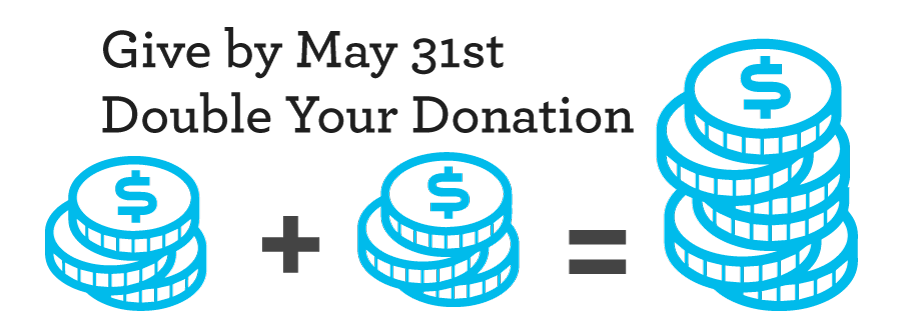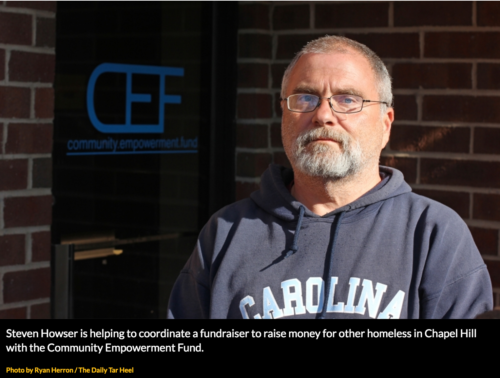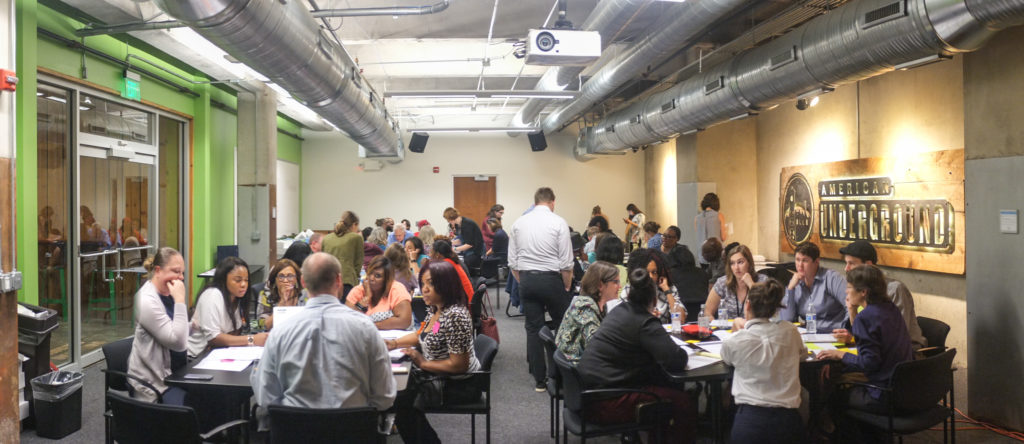
Thank you to the over 70 participants from partner agencies that attended the workshop CEF co-hosted with the Common Cents Lab focused on “Using Behavioral Economics to Explore the Transition to Housing.”
Together, we brainstormed about how behavioral economics might help nonprofits think creatively about building better programs and smarter solutions to support individuals moving out of homelessness. The incredible team at the Common Cents Lab shared an introduction to the principles of behavioral economics, and led the group through an interactive workshop to put those principles into action for better program design.
Behavioral economics is “the study of how people really make choices–not in a simplified economic model, but in the textured and rich reality of daily life, and draws on insight from both psychology and economics” (CFED).
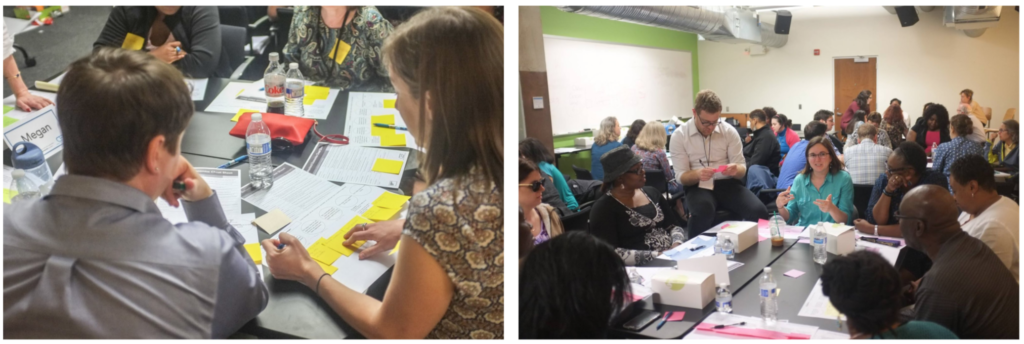 CEF is working with the Common Cent Labs this year to apply these learnings to our partnerships with shelters to promote increased engagement with CEF’s matched savings accounts in a way that supports Members in achieving short-term savings goals and builds longer-term saving habits. Through our last joint project with the team, we implemented a new way for Members to track progress towards their savings goals through a punchcard and tested its efficacy through a randomized control trial. Every time Members in the trial group made a deposit, they received a punch, and received gold tokens and new levels of punchcards after each card was filled. An article is soon to be published by the research documenting the promising results of this study… Just for a preview: “Members who received the punchcard to track their deposits completed 30% more of their goal than members who were in the control condition” (Guzman and Tepper, full article to be published late spring 2017).
CEF is working with the Common Cent Labs this year to apply these learnings to our partnerships with shelters to promote increased engagement with CEF’s matched savings accounts in a way that supports Members in achieving short-term savings goals and builds longer-term saving habits. Through our last joint project with the team, we implemented a new way for Members to track progress towards their savings goals through a punchcard and tested its efficacy through a randomized control trial. Every time Members in the trial group made a deposit, they received a punch, and received gold tokens and new levels of punchcards after each card was filled. An article is soon to be published by the research documenting the promising results of this study… Just for a preview: “Members who received the punchcard to track their deposits completed 30% more of their goal than members who were in the control condition” (Guzman and Tepper, full article to be published late spring 2017).
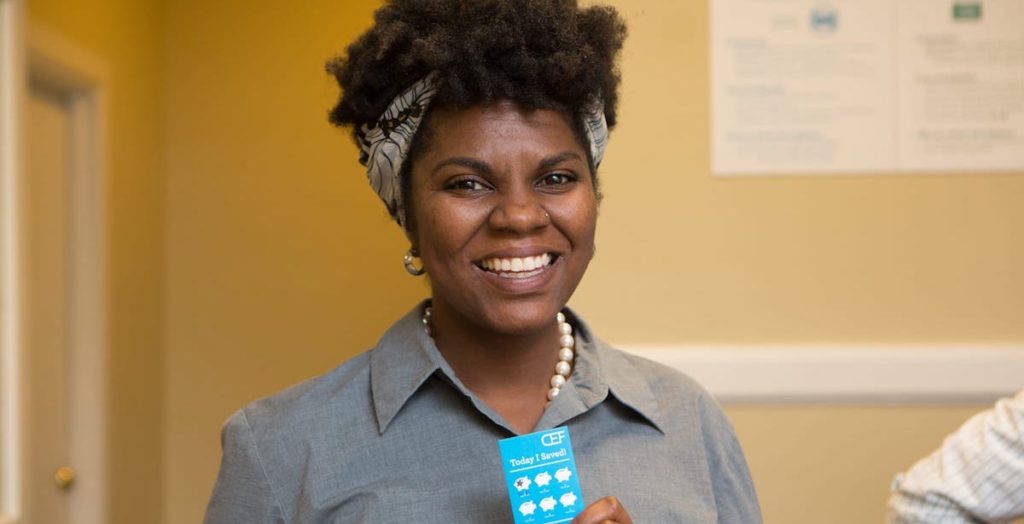
Indiana received the very first punch on a CEF Savings Card! This piggy- themed punch card developed with Common Cents Lab, tracks each deposit and captures progress towards her goals!
We are excited to continue learning throughout this year with the team at the Common Cents Lab! Since the workshop, partners have shared that they are still really thinking about how behavioral economic analysis such as “tunneling” or “friction costs” can be addressed in their own work. Building on the incredible momentum of bringing 70 of our partners into the room together to explore these concepts, we got feedback from participants on where to go from here in our collaborative learning, and will be exploring other topics in the months to come — such as “Manage Cash Flow after Housing Transitions,” and “Overcome Barriers to Banking.“

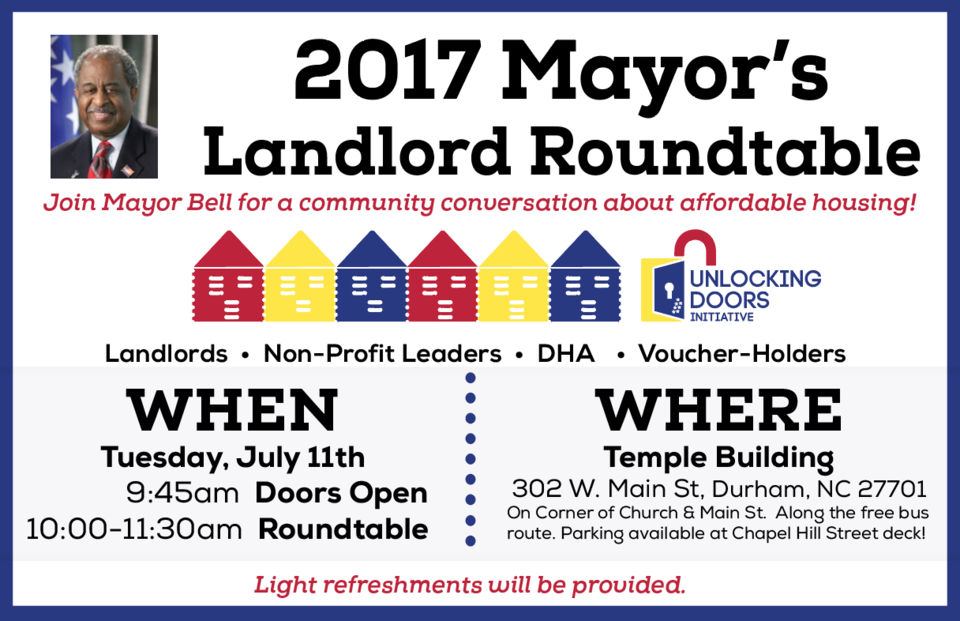
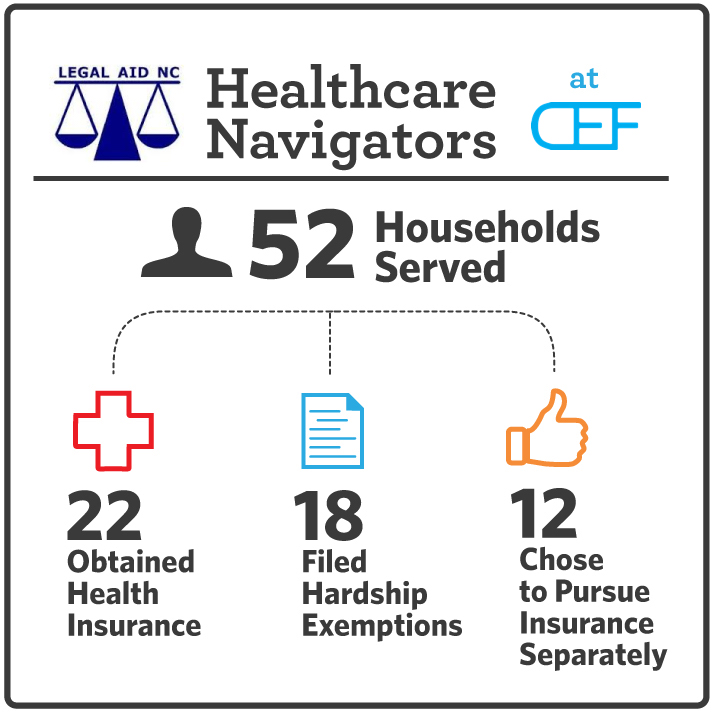




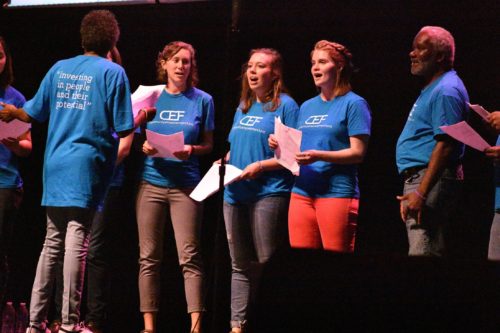
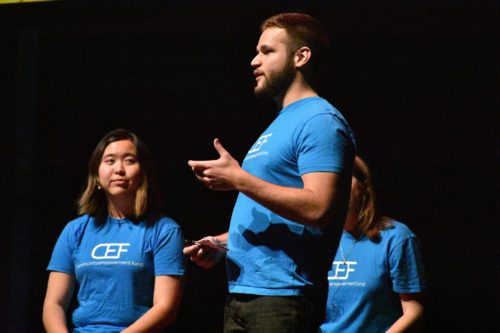
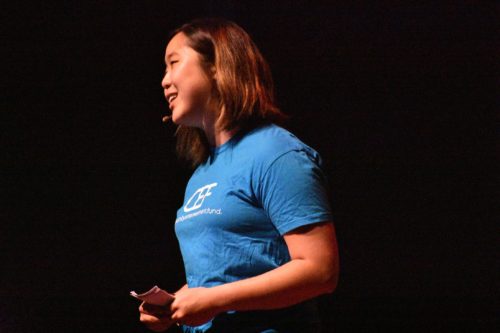

 CEF is working with the Common Cent Labs this year to apply these learnings to our partnerships with shelters to promote increased engagement with CEF’s matched savings accounts in a way that supports Members in achieving short-term savings goals and builds longer-term saving habits. Through our last joint project with the team, we implemented a new way for Members to track progress towards their savings goals through a punchcard and tested its efficacy through a randomized control trial. Every time Members in the trial group made a deposit, they received a punch, and received gold tokens and new levels of punchcards after each card was filled. An article is soon to be published by the research documenting the promising results of this study… Just for a preview: “
CEF is working with the Common Cent Labs this year to apply these learnings to our partnerships with shelters to promote increased engagement with CEF’s matched savings accounts in a way that supports Members in achieving short-term savings goals and builds longer-term saving habits. Through our last joint project with the team, we implemented a new way for Members to track progress towards their savings goals through a punchcard and tested its efficacy through a randomized control trial. Every time Members in the trial group made a deposit, they received a punch, and received gold tokens and new levels of punchcards after each card was filled. An article is soon to be published by the research documenting the promising results of this study… Just for a preview: “
